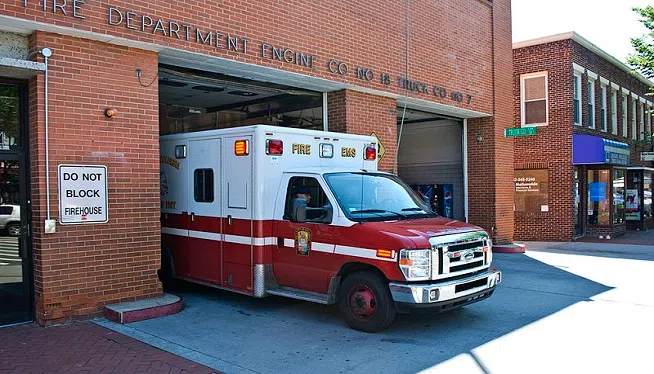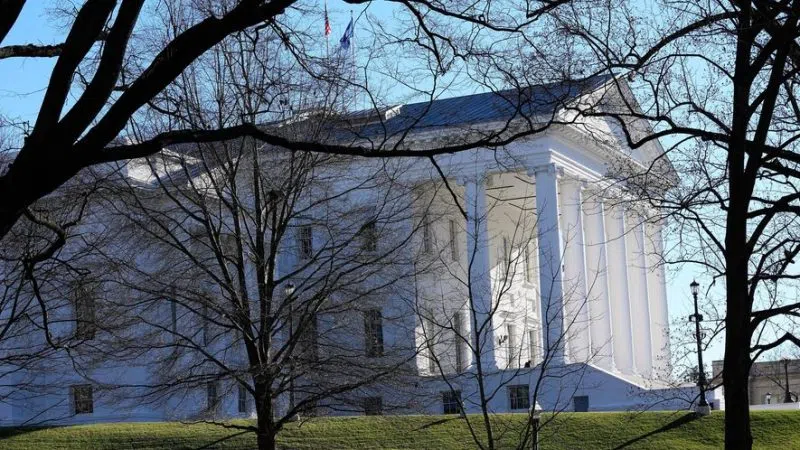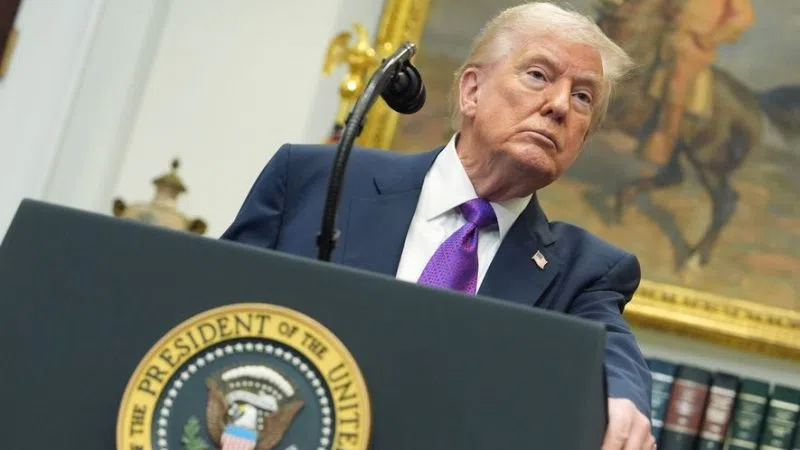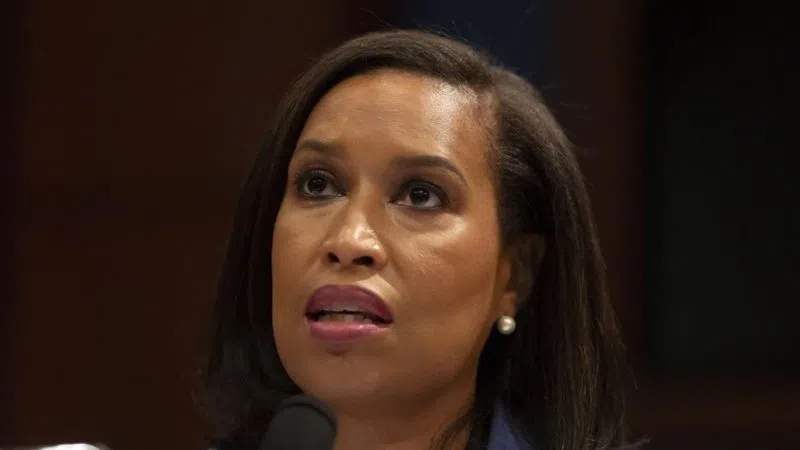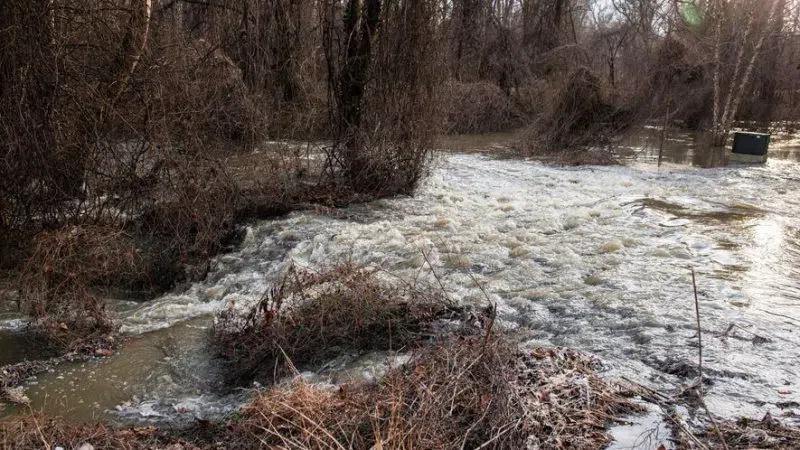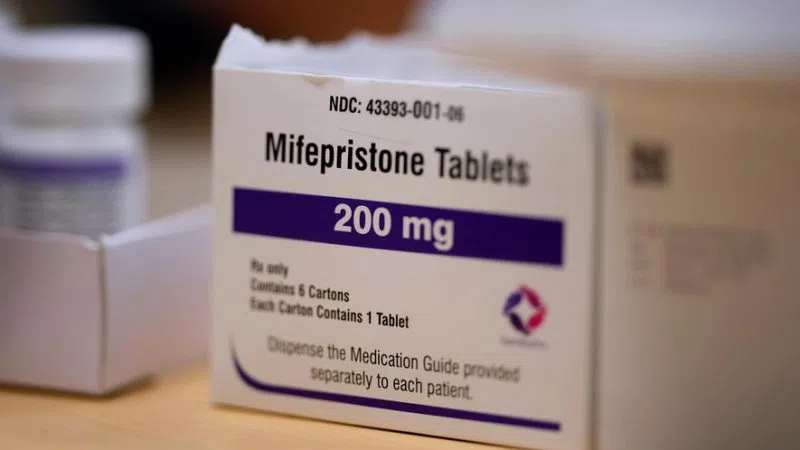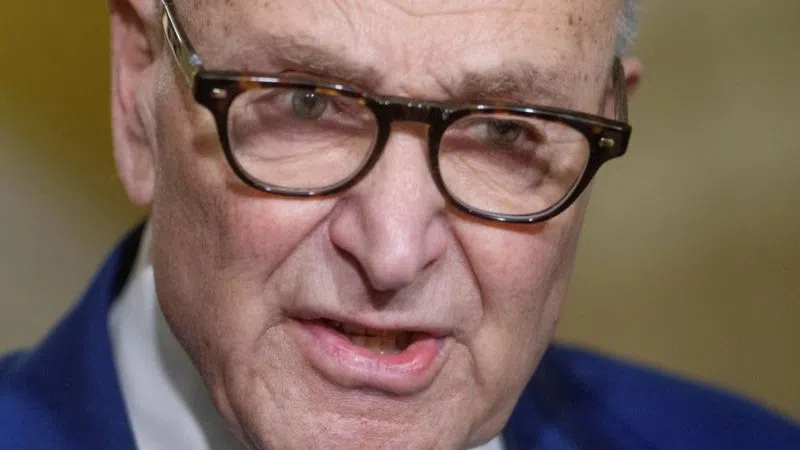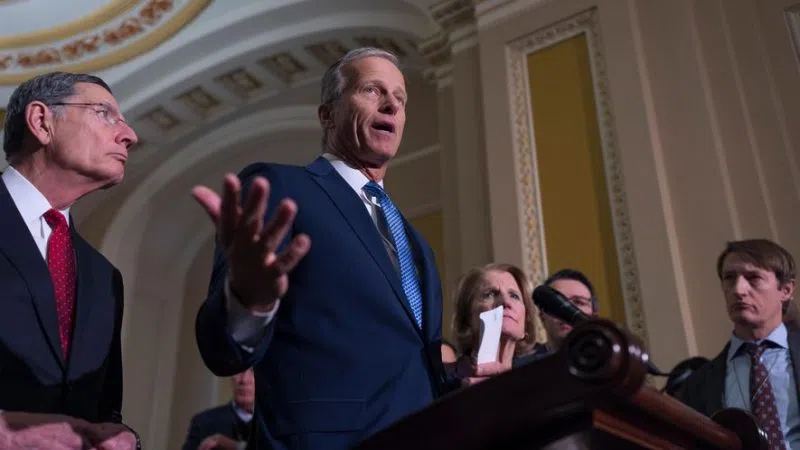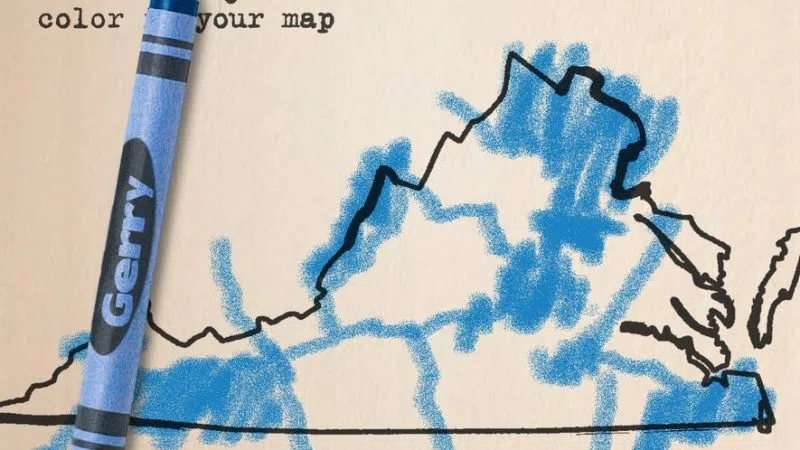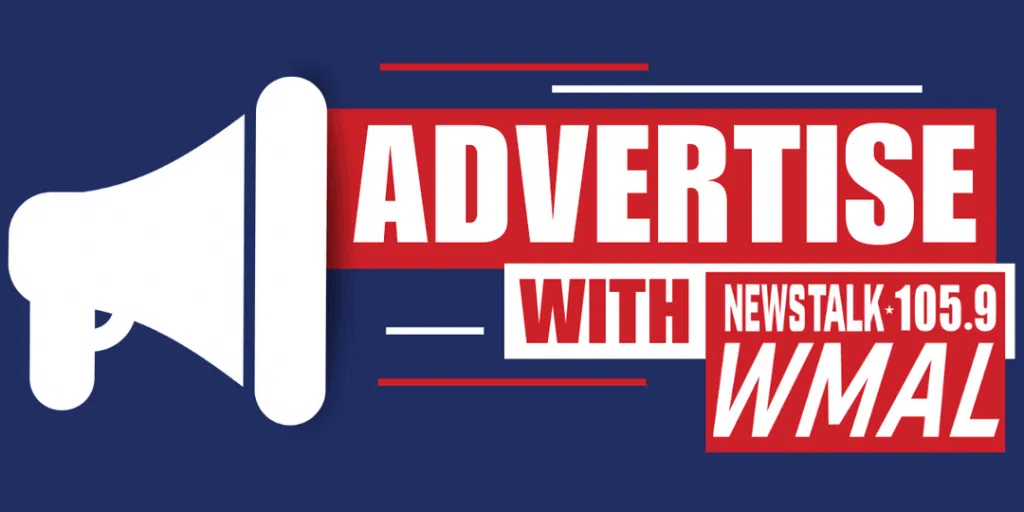Heather Curtis
Wmal.com
WASHINGTON — (WMAL) Following an outage of D.C.’s 911 system in August, the Office of Unified Communications will do regular tests to make sure calls can be re-routed to backup systems when the main system goes down.
During a roundtable discussion of the city’s 911 system Wednesday, committee member Kenyan McDuffie stressed the need for a viable backup system with necessary redundancies to prevent an outage like that from happening ever again.
Director of the OUC Karima Holmes said there are a number of measures in place to re-route calls if the main 911 system fails.
Last summer the system went down when a contractor pulled a switch that shut off electricity to it.
Holmes said an automatic trigger should have detected the outage and sent all 911 calls to a backup system, but the power to that system had also shut down. In cases like this, a supervisor is supposed to manually flip a switch to re-route calls.
“When we realized that the calls were not, they weren’t automatically routed, by the time she went and did the manual switch, the battery that our switch was on only lasted for between six and 10 minutes, and so that has now been rectified,” Holmes said. Now that switch is on a battery that lasts more than six hours.
Another problem discussed at the roundtable was calls being misdirected.
The OUC is responsible for determining how serious a call is and what kind of response is required. Paramedic and chief shop steward with Local 3721 Holly O’Bryne said the OUC often gives them the wrong information.
Recently a 22-year-old man called 911 to report he had a fever and a cough. When asked if he had chest pain, he said he did, prompting an urgent response.
“Now our cough and cold flu symptom patient is receiving a paramedic engine company and a medic unit on the initial dispatch, robbing other actually critical calls of the resources we spread desperately thin across the city every day,” O’Bryne said.
While that call did require at least some level of response, other calls are downright ridiculous, according to vice president of Local 3721 Darlene Nelson.
No matter how absurd a call is, they can’t refuse to respond or re-direct the caller to more appropriate services.
“So if you call, such as someone did the other day, and said that they were hungry and they need to go to the hospital and watch the game, I can’t say no,” Nelson said.
In the summer, her unit medic unit was dispatched for someone in distress. When medics got there, the woman who made the call asked them if she could legally park in a certain space.
“How does a call like this get created to have a medic unit dispatch?” Nelson said.
Nelson said there are only 14 medic units available for critical calls, and they can’t afford to be responding to minor incidents.
Copyright 2016 by WMAL.com. All Rights Reserved. (Photo: Wkimedia, Tim Evanson)
